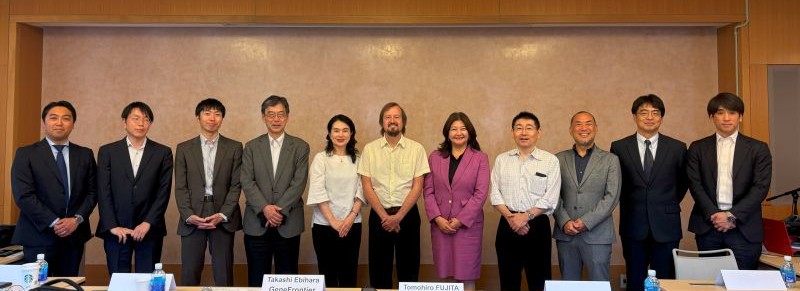
The 31st Bioeconomy Study Session: Closed Session (167th STIG PoP Seminar)
“Understanding Cutting-Edge International Trends in Synthetic Biology – Enhancing Japan’s Presence in the World”
Date: Monday, May 19, 2025, 10:00 a.m. – 12:30 p.m.
Venue: Seminar Room, 3rd floor, Ito International Research Center, The University of Tokyo
Participants: Government (MEXT Life Sciences Division, METI Bio-Industry Division, Cabinet Office Bio Group, etc.), Funding agencies (JST, NEDO), Industry (Keidanren, JBA, etc.), companies, startups, etc.
*Invitation only, Chatham House Rule & English-Japanese simultaneous interpretation
Program:
Introduction (10 minutes)
Makiko Matsuo, Project Associate Professor, Graduate School of Public Policy, The University of Tokyo
First half: Landscape of synthetic biology and Japan’s policy
Topic 1 (30 minutes)
John Cumbers, Founder, SynBioBeta
Topic 2: Policy Dynamics in Japan’s biomanufacturing (15 minutes)
Daisuke Ishizuka, Deputy Director, Bio-Industry Division, Commerce and Service Industry Policy Group, Ministry of Economy, Trade and Industry
Second half: Startups in Japan and the formation of an ecosystem
Pitch topics: Bacchus Bio innovation, Chitose, Spiber, GeneFrontier, miibio, Logomix, PtBiO, bitBiome, etc. (5 minutes each)
Discussion
[Organizer] Science, Technology and Innovation Governance (STIG) Education and Research Unit, The University of Tokyo (STIG Co-Evolution Project: SciREX Co-Evolution Realization Program Phase III “Promotion of bio-manufacturing that enables bioeconomy: Visualization of policy challenges and institutional design” (Research Representative: Makiko Matsuo))
[Co-organizer] National Institute of Science and Technology Agency (JST) Innovative GX Technology Creation Project (GteX) “Development of Biomonozukuri DBTL Technology for Exploiting Diverse Microbial Functions” (FY2023-2027) (Research Representative: Kosuke Honda), Bio-Digital Transformation (Bio DX) Industry-Academia Co-Creation Center” (Project Leader: Taku Yamamoto), Grant-in-Aid for Scientific Research (A) “Social Study on selection and deliberation regarding the application of advanced technologies such as genome editing to the field of food, agriculture, and environment” (Principal investigator: Masashi Tachikawa)
Speakers:
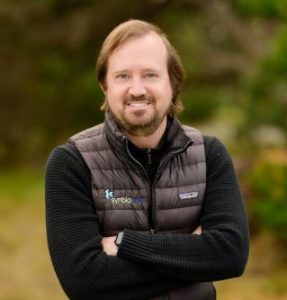
|
John Cumbers, CEO & Founder, SynBioBeta Dr. John Cumbers is a leader in the synthetic biology industry, known for founding SynBioBeta, a global community of innovators dedicated to advancing the field. He hosts the global synthetic biology conference and publishes the weekly industry newsletter. He wrote the book “What’s Your Biostrategy?” and was a senior contributor for Forbes.com, where he wrote about biomanufacturing and synthetic biology. Dr. Cumbers has founded multiple startups and is a former operating partner at DCVC, a deep tech investment fund. He worked at NASA for 7 years in the areas of synthetic biology, bioengineering and planetary sustainability. His latest startup is the Biological Enlightenment Studios, which is creating an animation called Lee’s Lab to popularize molecular biology for children. He holds a PhD in Molecular Biology from Brown University, a master’s degree in bioinformatics from the University of Edinburgh. Originally from the UK, he now lives in the San Francisco Bay Area. |
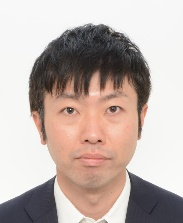 |
Daisuke Ishizuka, Deputy Director, Bio-Industry Division, Commerce and Service Industry Policy Group, Ministry of Economy, Trade and Industry (METI) Dynamic and results-oriented administrative officer with over 15 years of experience in the Ministry of Economy, Trade and Industry (METI) in Japan. Proven expertise in budget formulation, tax reform in the electricity sector, and policy financing for small and medium-sized enterprises. Strong background in climate change policy and competition policy, complemented by international research experience at Vanderbilt University. Currently leading policy support for bio-manufacturing in the white biotechnology sector, facilitating corporate social implementation. |
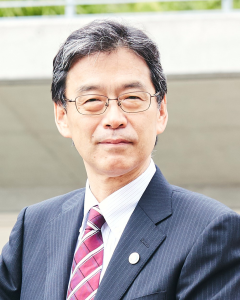 |
Akihiko Kondo, President & CEO, Bacchus Bio Innovation Akihiko Kondo received his Ph.D. from Kyoto University in Chemical Engineering (1988). He became Dean of the Graduate School of Science, Technology and Innovation, Kobe University in 2016. In 2011, he became Vice President of Kobe University. In March 2025, he retired from Kobe University and became Professor Emeritus. He remains at the University as Executive Assistant to the President, and has concurrently served as President and CEO of Bacchus Bio Innovation, Inc. since 2024. |
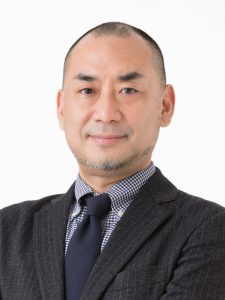 |
Tomohiro FUJITA, Founder & CEO Chitose Group Graduated with a B.Sc. and M.Sc. from the University of Tokyo, Faculty of Agriculture. Spent five years as a management consultant, specializing in strategy development aligned with corporate visions. Founded Chitose Group to build a bioeconomy-driven industrial ecosystem, leveraging R&D as a means—not an end. Currently leading large-scale businesses in strain development and production technologies using microbes, algae, and cells. Projects include the world’s largest algae production facility and the global deployment of high-efficiency biopharmaceutical cell lines. Serving as a government-appointed expert on Japan’s national bioeconomy strategy since 2019. |
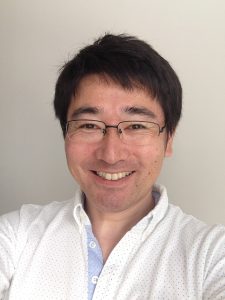 |
Takashi Ebihara, GeneFrontier Takashi is COO of GeneFrontier Corporation (GFC) since 2010, focusing on cell-free technology, especially the PURE system. He earned a Ph.D. in cell-free protein expression system from Tokyo Institute of Technology in 2000, and co-founded GFC in 2003 after working in venture capital in life science industry. |
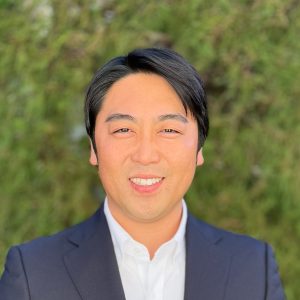 |
Yuki Ebina, Chief Strategy Officer, miibio Yuki Ebina — Chief Strategy Officer, miibio, Inc. He leads corporate strategy and global business development at miibio. Before joining miibio, he spent 15 years in the global shipping industry, including launching a Silicon Valley CVC. Guided by his belief in bridging traditional industries and cutting-edge technologies, he is driving business development to bring miibio’s unique technology into real-world application and create new industrial value. |
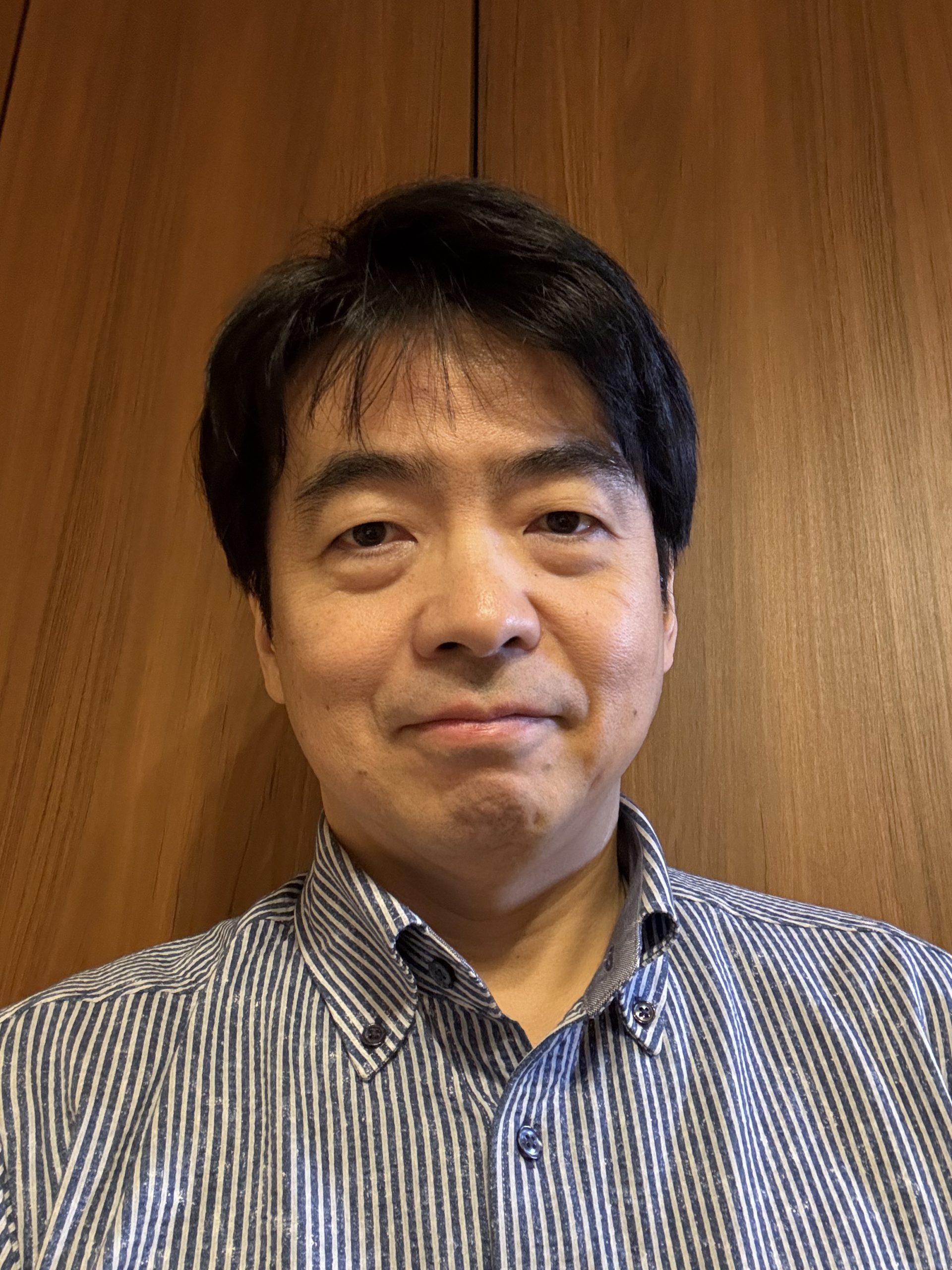 |
Yasunori Aizawa, Chief Scientific Officer, Logomix Inc./Associate Professor, School of Life Science and Technology, Tokyo University of Science / Project Leader, Synthetic Biology Platform Project, Kanagawa Institute of Industrial Science and Technology – Ph.D. in 1999 from Kyoto University (Faculty of Pharmaceutical Sciences) – Postdoctoral fellow at Columbia University (1999-2002) and Johns Hopkins University (2002-2005. – PI at the Tokyo Institute of Technology (2005-2024) and Institute of Science Tokyo (2024-present) – In 2019, he co-founded Logomix. For nearly two decades since becoming independent, my research has focused on both fundamental and applied studies of the noncoding regions of the human genome. As a side project, my group has participated in Sc2.0, an international project for synthesizing the whole yeast genome. |
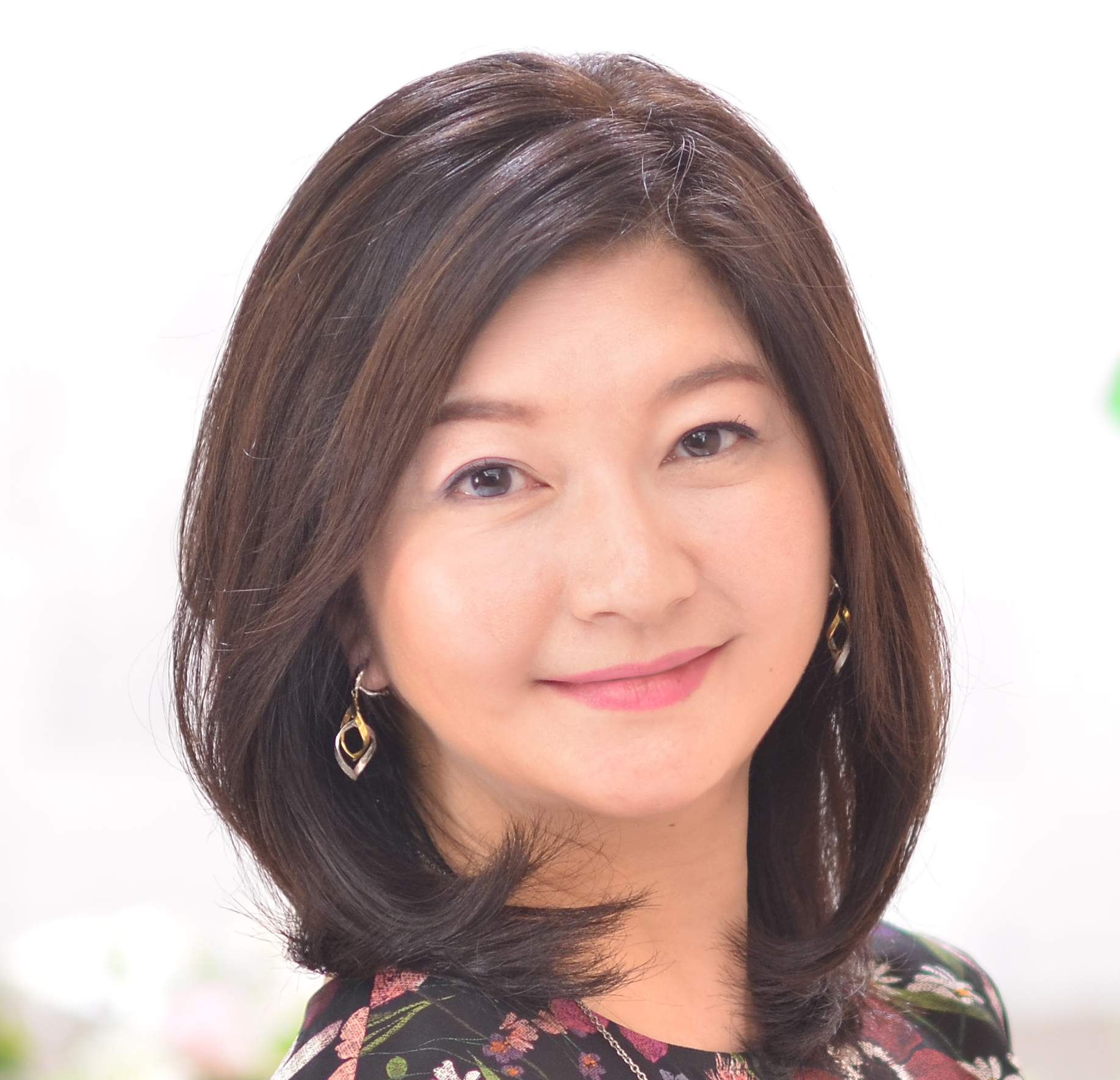 |
Yumiko Kusakabe, Chief Strategy Officer, PtBio Inc./Specially-Appointed Professor, Center for Co-Creation Strategy, Tohoku University/Committee Member, International Strategy Council, Ministry of Education, Culture, Sports, Science and Technology (MEXT) Yumiko Kusakabe is Chief Strategy Officer at PtBio Inc., a genomics technology start-up from Hiroshima University, where she leads international business development and global market strategy for bioinformatics and biodesign initiatives in the U.S. and Asia. She also serves as Specially-Appointed Professor at Tohoku University’s Institute for International Research Excellence, advising the President on global strategy, and as Global Creative Advisor and BIO DX Vision Advisor at Hiroshima University. In addition, she is a member of the International Strategy Council at Japan’s Ministry of Education, Culture, Sports, Science and Technology (MEXT). Ms. Kusakabe began her career in investment banking at Goldman Sachs and later spent 15 years leading impact investment and development finance projects at the Inter-American Development Bank (IDB), an international organization based in Washington, D.C. She holds degrees from the London School of Economics (BSc), the University of Tokyo (MA), and a Global Executive MBA from INSEAD. |
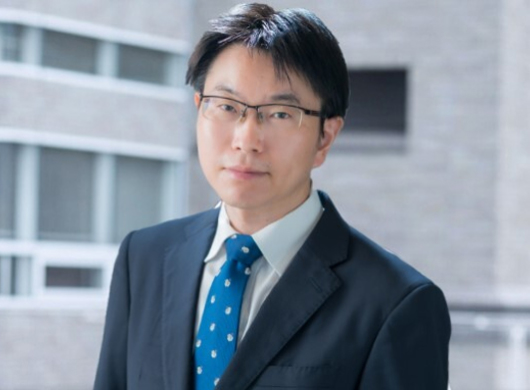 |
Yuji Suzuki, bitBiome Yuji Suzuki graduated from the Department of Social Sciences, Faculty of Liberal Arts, University of Tokyo, and holds an MPhil in East Asian Studies from the University of Cambridge. He is a certified bioinformatics engineer by the Japan Society of Bioinformatics (JSBi).After working at the Ministry of Foreign Affairs and the Financial Services Agency, he worked at McKinsey & Company’s Tokyo branch and Shanghai branch, where he led strategic, organizational, and operational projects mainly in the medical equipment and manufacturing industries. After that, he was Global Head of Strategy Development and IPO preparation at Macromill, a Bain Capital portfolio company (at the time), Executive Vice President of Human Metabolome Technologies, a bio-venture company from Keio University, and CEO of Rakuten Group, Inc., Strategy and Innovation Office. Mr. Suzuki joined bitBiome as COO in October 2021 and assumed his current role as CEO in July 2022. |
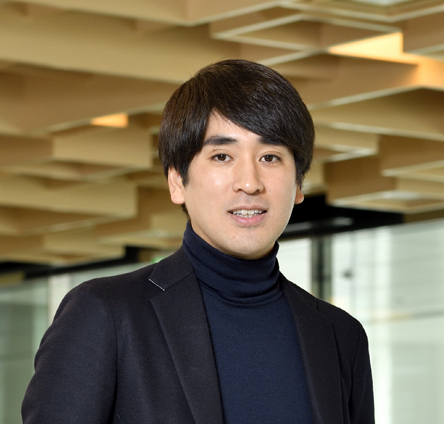 |
Junichi SUGAHARA, Director & Representative Executive Officer, Spiber Junichi Sugahara went on to pursue his doctoral studies at Keio’s Graduate School of Media and Governance, where he completed his Ph.D. in 2011. During his time in graduate school, he co-founded Spiber Inc., a biotechnology company focused on protein-based materials. He currently serves as a director of the company. |
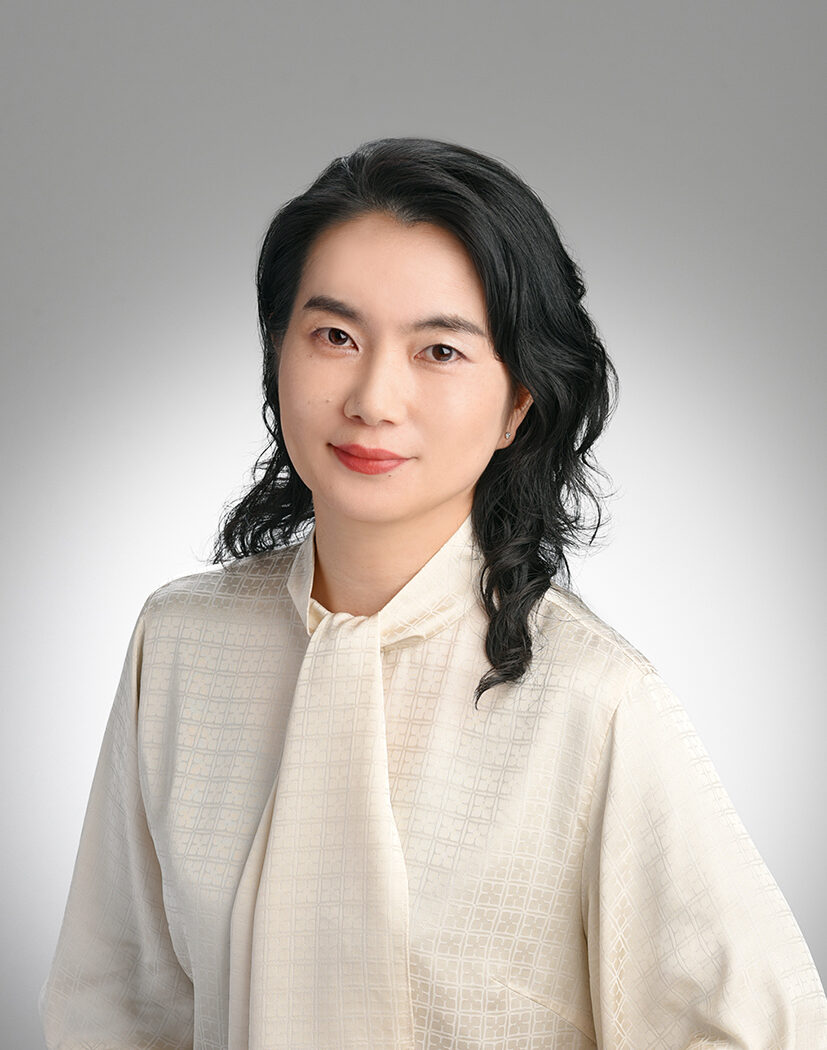 |
Makiko Matsuo, Project Associate Professor, Graduate School of Public Policy, Institute for Future Initiatives, The University of Tokyo Makiko Matsuo is currently serving as a Project Associate Professor at the Graduate School of Public Policy, the University of Tokyo, where she engages in teaching and research on topics within Science, Technology, and Innovation Governance (STIG program). She is also an affiliated faculty member of the Institute for Future Initiatives at the University of Tokyo. She serves as a member and advisor on multiple Japanese government councils and funding agencies. Her areas of concern are interdisciplinary in nature and cover analysis frameworks and approaches such as technology assessment, science and technology policy studies, governance research (technology governance, global health governance), risk research (risk governance, risk regulation, international harmonization), ELSI (Ethical, Legal, Social Implications/Issues), and RRI (Responsible Research and Innovation). Her applied fields of study include new biotechnology (genome editing and synthetic biology/engineering biology), food safety, and global health. https://researchmap.jp/makiko_matsuo?lang=en |
[The objective of the bioeconomy seminar series] Since a bioeconomic report was created by the OECD in 2009, many countries in Europe and the United States have developed policy documents highlighting the bioeconomy and the momentum for the bioeconomy has been growing. It has also been declared in the Bioeconomic Strategy 2019 that Japan will create the world’s leading bioeconomic society by 2030 and update and promote its bioeconomic strategy every year. However, the bioeconomy concept is extremely broad and its specific overview is not sufficiently certain. This seminar therefore aims to invite experts of domestic/international trends and share information about the current status of bioeconomic developments with the participants. Through this interaction, we will consider the significance, strengths, and challenges of bioeconomies.